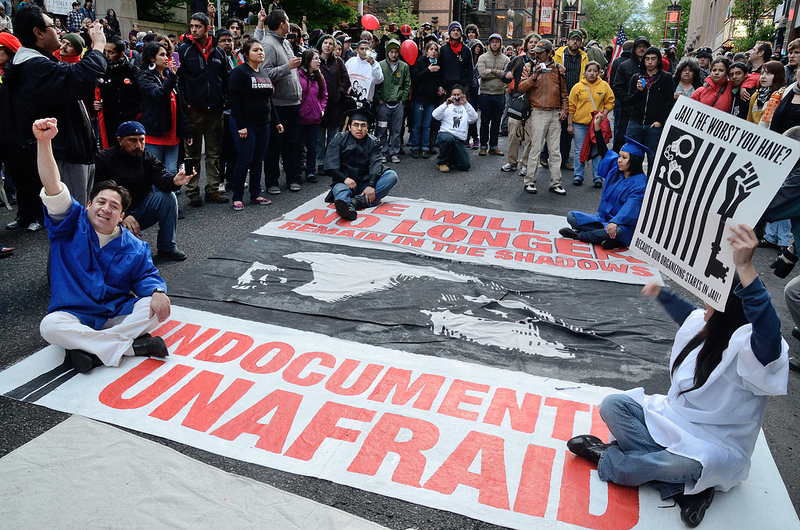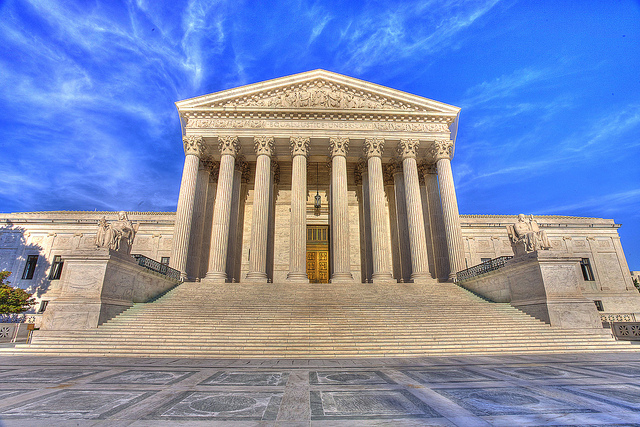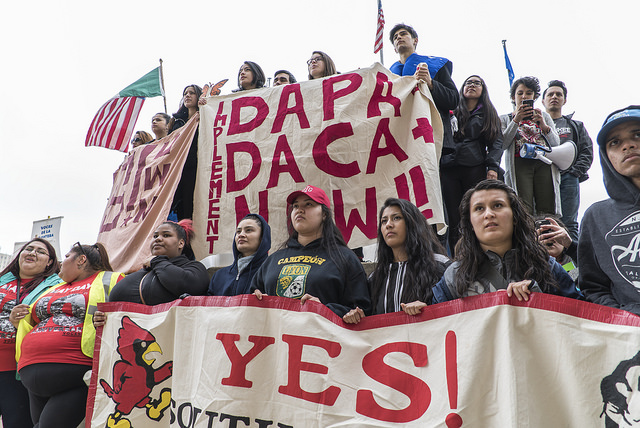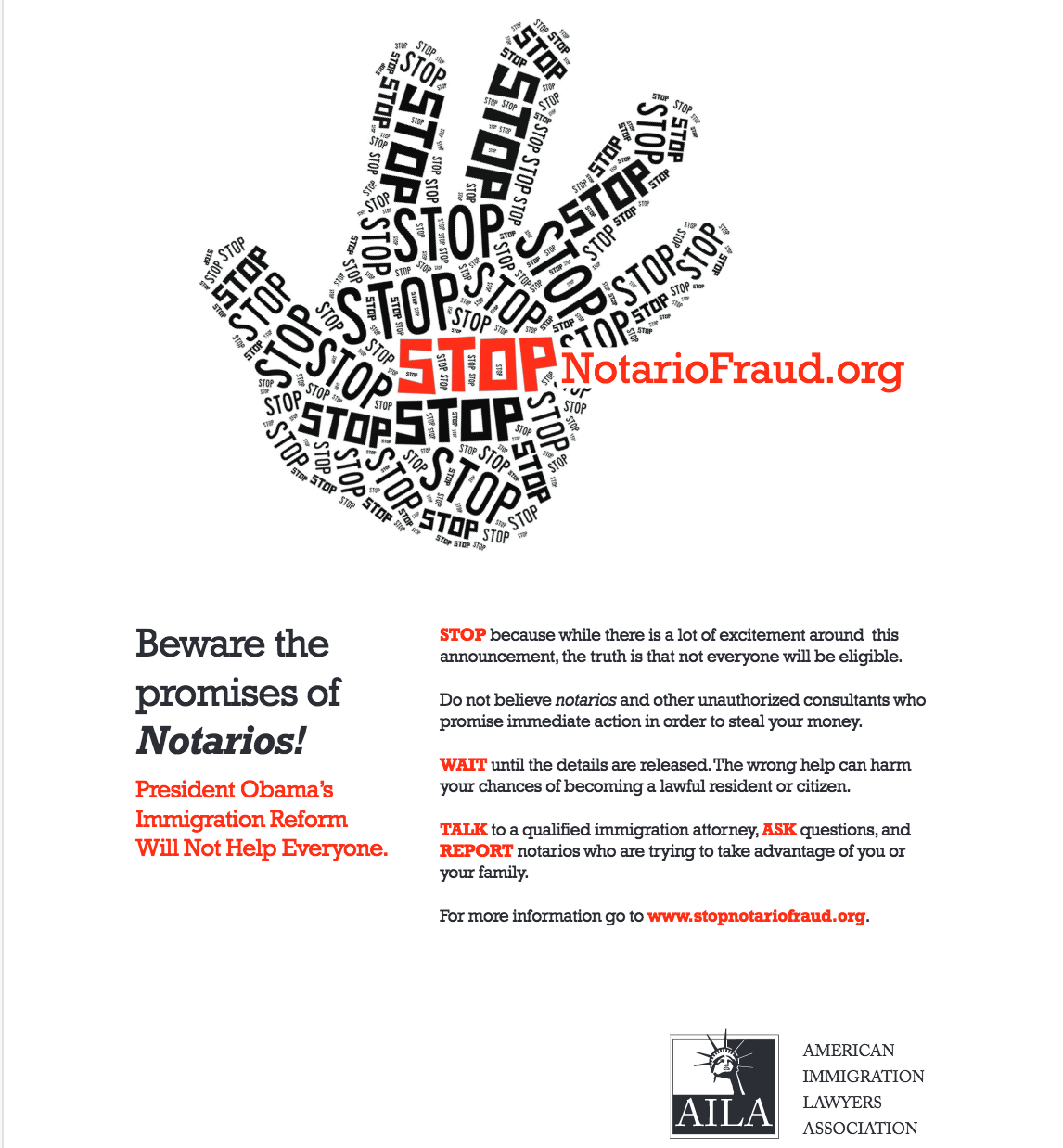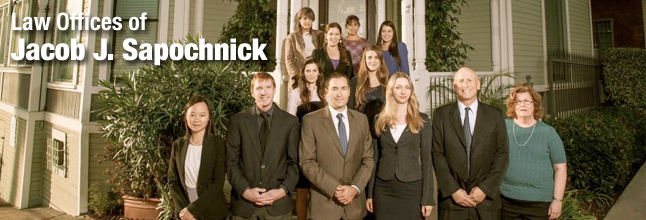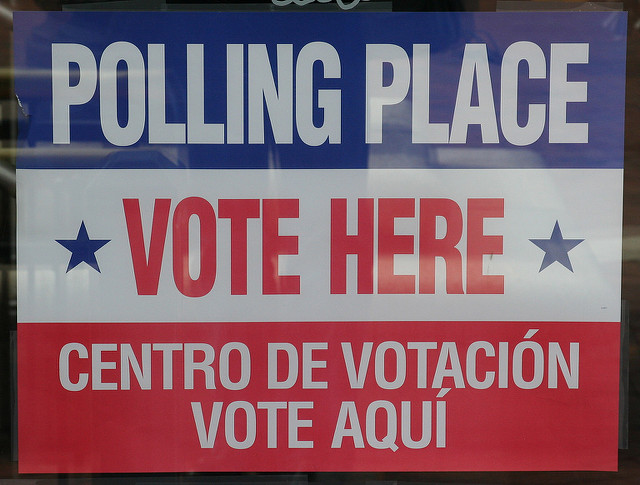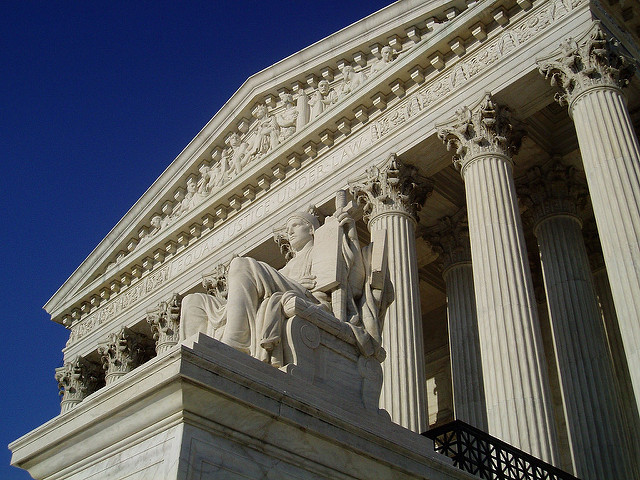Q: What qualifies as a bar of “Unlawful Presence?”
A: If you have accrued more than 180 days of unlawful presence in the United States, you are subject to a 3-year bar preventing you from being re-admitted to the United States under the Immigration and Nationality Action Section §212(a)(9)(B)(i)(I). The bar is triggered once you have departed the United States.
If you have accrued one year or more of unlawful presence in the United States, you are subject to a 10-year bar preventing you from being re-admitted to the United States under §212(a)(9)(B)(i)(II).
If upon your entry to the United States, you were not inspected, admitted, or paroled by a U.S. Customs Official, then you are ineligible to adjust your status to lawful permanent resident (LPR) within the United States, even if you have an approved visa petition. This means that in order to legalize your status, you are required to depart the United States and apply for an immigrant visa at a United States embassy or consulate abroad. Your departure from the United States will then trigger a 3- or 10-year bar to readmission, preventing you from returning to the United States, depending on the amount of “unlawful presence” you accrued prior to your departure.
There are ways to waive these 3- and 10-year bars to readmission only if you can demonstrate that your refusal of admission to the United States would cause an “extreme hardship” to your U.S. Citizen immediate relative or Legal Permanent Resident spouse or parent.
Q: Can I apply for the provisional waiver if I was previously deported, removed, or excluded from the United States?
If you received a final order of removal, deportation, or exclusion you may apply for a provisional waiver of unlawful presence, however you must first apply for the I-212 Application for Permission to Reapply for Admission into the United States After Deportation or Removal, and the application must be conditionally approved.
If ICE or CBP has reinstated a prior removal order under 8 CFR §241.8, before filing of the provisional waiver application or while the application is in process, you are no longer eligible to receive a provisional waiver of unlawful presence. A provisional waiver approval would be automatically revoked if the applicant is found inadmissible under INA §212(a)(9)(C) for unlawful return to the United States after prior removal or prior unlawful presence.
 Visa Lawyer Blog
Visa Lawyer Blog



